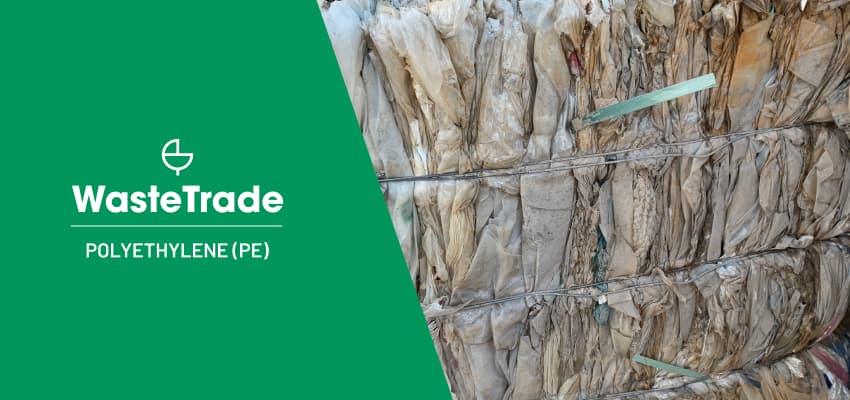Innovative PET Recycling Techniques Offered by WasteTrade: What You Need to Know
Innovative PET Recycling Techniques Offered by WasteTrade: What You Need to Know
Blog Article
The world is facing an environmental crisis caused by plastics that is causing hundreds of millions of pounds of trash ending up in the oceans and in landfills every year. A major and commonly utilized types of plastic can be PET (polyethylene terephthalate) that is utilized to make containers for food, water bottles, and other everyday items. Yet, WasteTrade has recognized the significance the recycling of PET and has taken steps to make it an essential element of their waste management process. In this blog post, we will discuss why PET Recycling is an essential part of the process at WasteTrade is essential to combat the plastic waste problem.

The production and use of single-use plastics are on the rise in recent years, leading to a significant rise in the amount of plastic pollution. According to a report by National Geographic, only 9 percent of the plastic made has been recycled. This shocking statistic demonstrates the urgent need for effective recycling techniques for various types of plastics, such as PET.
PET is one type of plastic that is easily recycled into new products without losing its quality or characteristics. WasteTrade recognizes this and has established a complete PET recycling program in their waste management services. By collecting and processing used PET products using a variety of sorts of methods like recycling and shredding, WasteTrade ensures that these products are not disposed of in landfills or oceans.
Why is this so important? First, by removing these materials from landfills and oceans by utilizing proper recycling methods such as those provided by WasteTrade We can decrease the amount of pollution that we cause to our environment. Plastics require hundreds or thousands of years to break down naturally, which is why they can continue to damage our environment long after being disposed of incorrectly.
Furthermore, when plastics end in our oceans or other natural habitats instead of being recycled properly at facilities such as WasteTrade's plant-based facility; they can pose a serious threat to marine life and human health. Marine animals frequently confuse plastic waste with food, resulting in ingest and entanglement that can be fatal. Plastics also break down into microplastics over time which may get into the food chain and have negative effects on human health.

Additionally, WasteTrade's PET recycling program assists in reducing demand for virgin plastic. Recycling used PET items into brand new products, WasteTrade contributes to the circular economy, where resources are reused instead of being discarded after one use. This means that there is less need for extraction of raw materials and the process that consume energy to produce new plastics.
Conclusion: WasteTrade's PET recycling program is not just good for the environment but also provides economic benefits. In removing these materials from landfills or oceans and transforming them into valuable resources through recycling, WasteTrade is creating job opportunities and promoting sustainable practices within communities.
Report this page